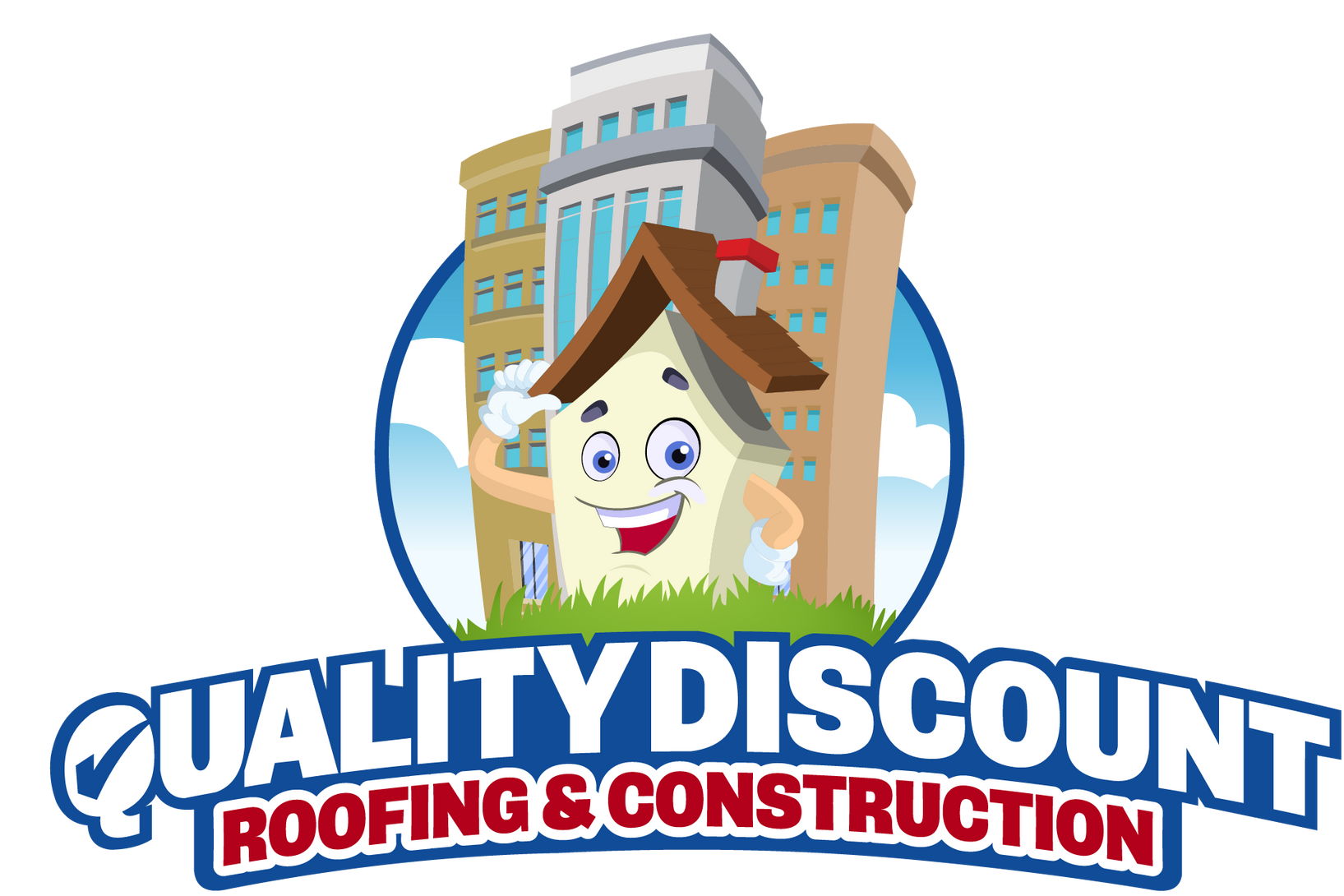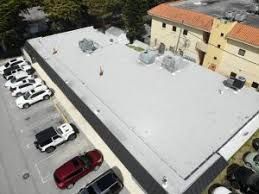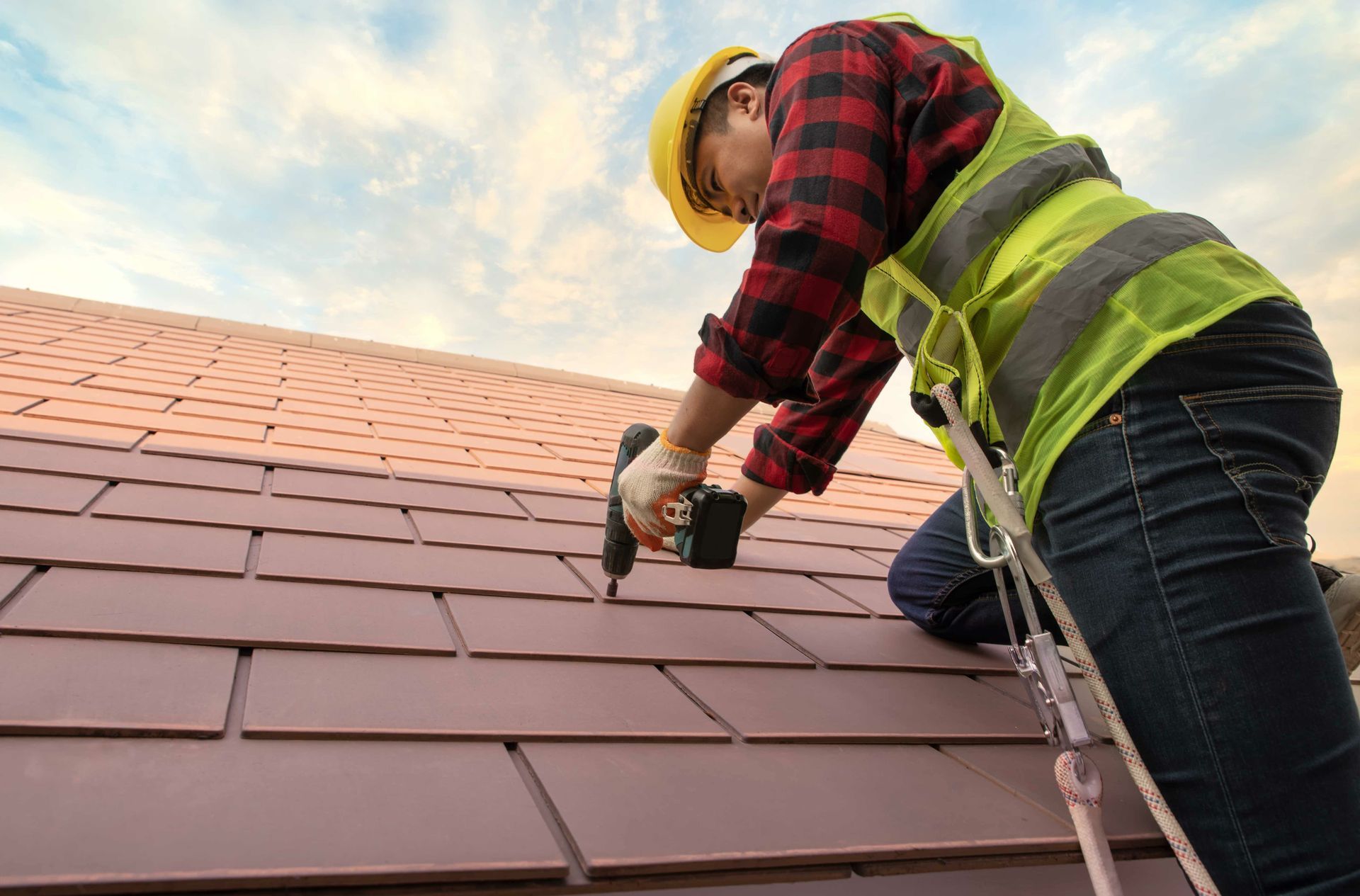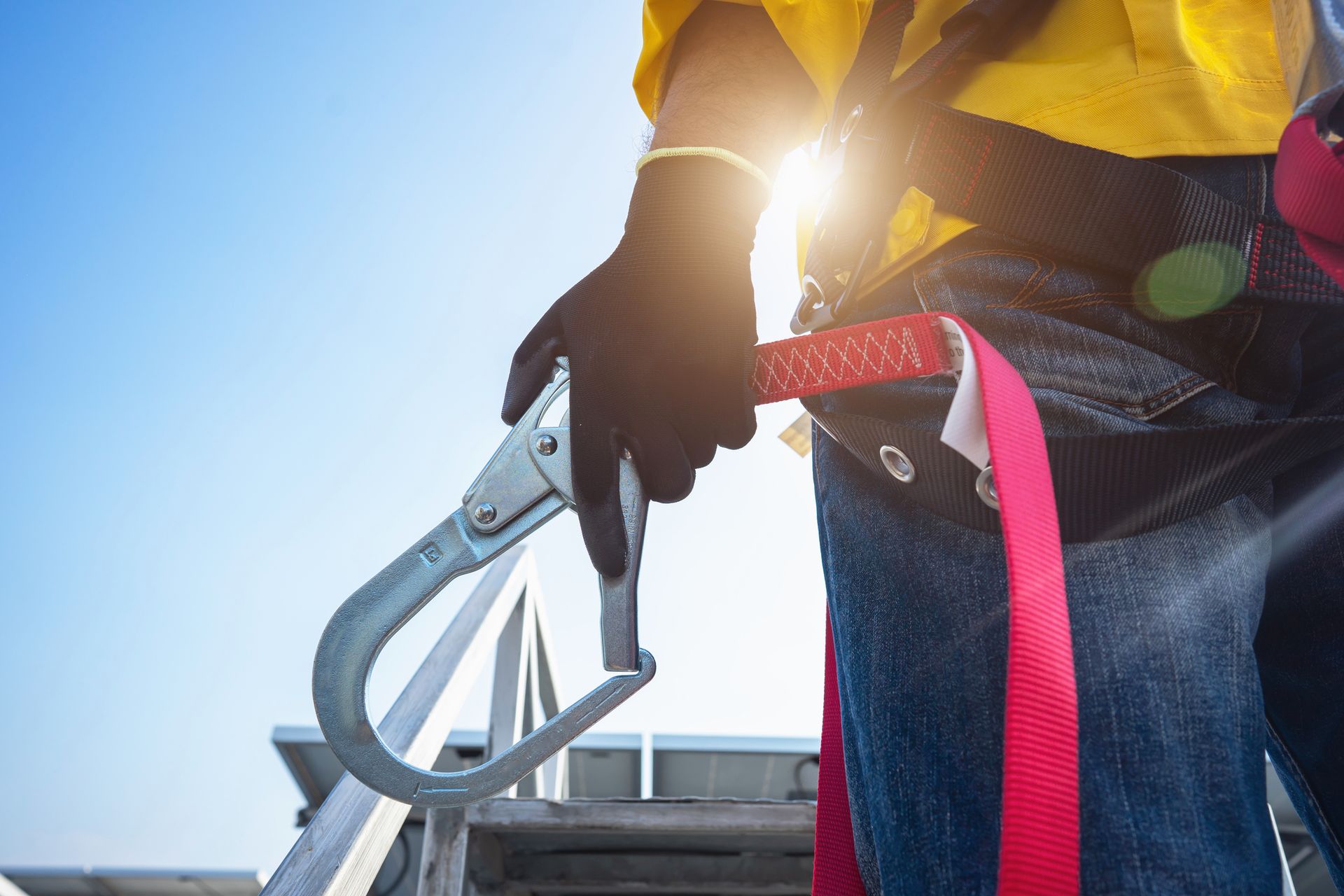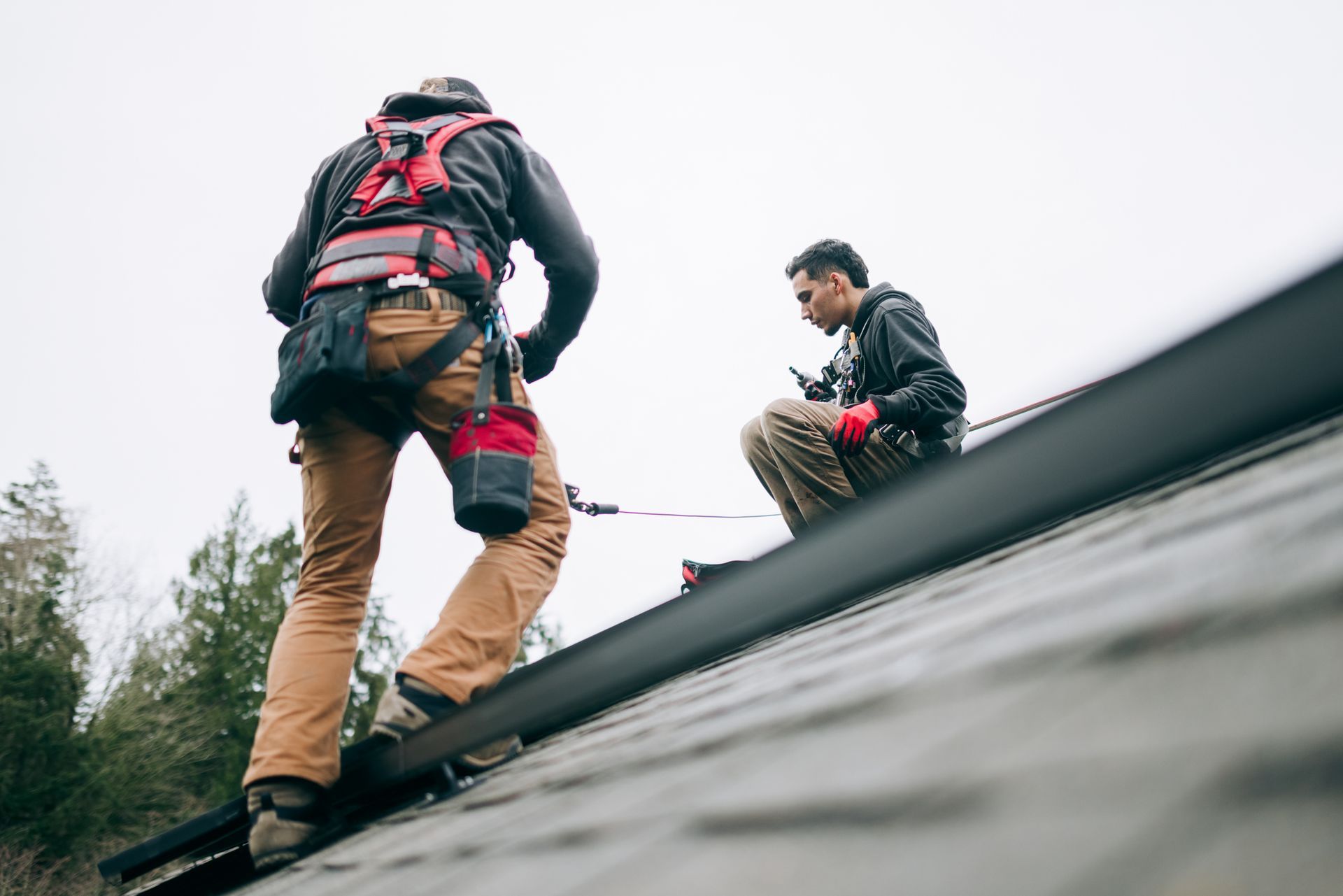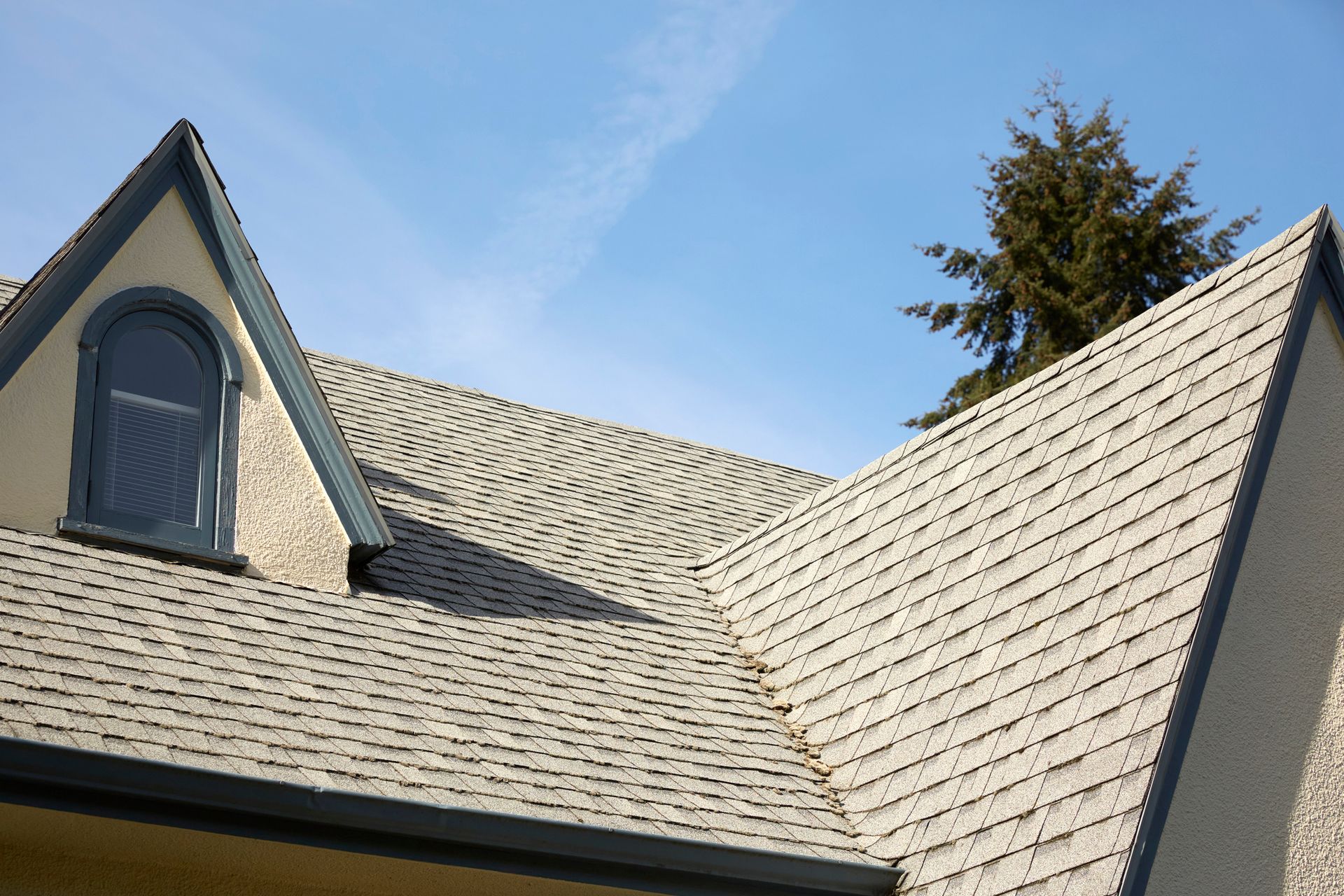Stay Informed and Inspired With Our Contracting Blog
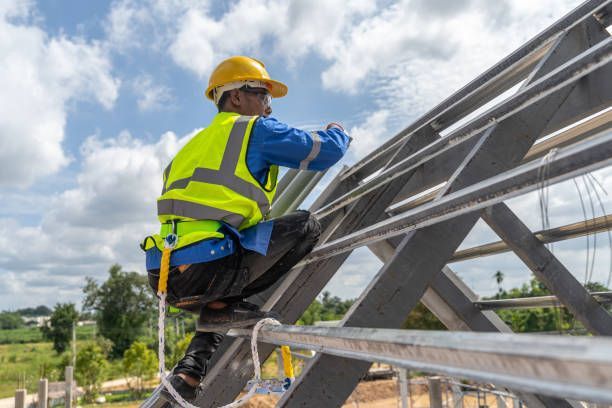
Siding isn't just cosmetic; it protects your home or commercial building from rain, moisture, pests, and energy loss. In places like Palm Coast and Jacksonville, Florida, the strong sunlight, high humidity, and heavy seasonal rainfall can put extra wear on siding. Recognizing the signs early will save you from extensive damage and costly repairs. Below are common Q&A signs that indicate that siding on a house or building needs replacement. Q 1 : What are the physical signs that there is a siding damage? Answer: Watch for cracks, warping, splitting or shrinking in side panels. These distortions often indicate that the material deteriorates or that water seeps below the surface. Any siding that no longer lies flat against the wall can permit moisture intrusion and if left untreated, can lead to deeper structural problems. Q 2: In what way can color fading or discoloration be a problem? Answer: Siding that is subjected to UV radiation and weather must retain its color and its protective layer. If the siding appears dull or has become discolored in spots, then the weather tightness is most likely compromised. This can affect protection and may serve as an indicator that your siding is close to the end of its life cycle. Q 3: Could mold or mildew growth indicate that siding should be replaced? Answer: Yes. Mold, mildew, or rot—particularly dark spots or fuzzy growth— generally means moisture has penetrated behind the siding. This not only damages the siding, but can also compromise the underlying structure and air quality of the building. Professional assessment is recommended if fungal growth is visible. Q4: What are the internal signs of siding failure? Answer: Siding issues can also manifest on the interior of your home. If you notice peeling paint, bubbling wallpaper, or water stains on interior walls, this is often evidence of water ingress from exterior walls. This is one surefire indication that your siding is no longer able to provide adequate protection. Q 5: Can my electricity bills tell something about siding problems? Answer: Absolutely. Siding is also an insulation layer of sorts. If you find that your heating or cooling costs rise substantially without your usage changing, the siding is not sealing properly anymore. Cracks, holes and deteriorated materials allow conditioned air to escape, thereby forcing your HVAC system to work harder. Q 6: What should I look for regarding pest activity? Answer: Damaged siding allows insects and rodents entry. If you start to notice increased insect activity, chew marks, or nests in or around the siding it is a sign that the siding is in failure and needs to be replaced. Insects take advantage of holes made by cracks, rot, or deformity. Q 7: Does frequent grouting indicate that my siding is inefficient? Answer: Yes. If you're painting or sealing the siding more often than usual-especially because the paint is flaking or peeling-it's a sign that the siding's protective layer has worn down. While the use of paint often gives a temporary improvement in appearance, peeling that persists commonly is a sign that the siding material itself is failing. Q8: Why is it important to have loose or missing side panels? Answer: loose, broken, or missing panel compromises the protective coating on a building. These holes allow water, insects, and air to infiltrate and can quickly cause damage to the inside walls and structures. Replacing these damaged panels quickly helps prevent further and more costly problems. Q 9: How does Florida's climate affect siding life? Answer: Intense UV radiation, heat, and humidity all take their toll on siding materials in Florida, as does heavy seasonal rainfall. What this means is that the material will fade, warp, crack, and lose some of its important protective qualities much more quickly than it would in milder climates, making timely siding replacement particularly important around Palm Coast and Jacksonville. Q10: Are commercial properties that need siding replacements replaced earlier than residential? Answer: Commercial buildings often have larger open areas and more complex insulation requirements. Repeated exposure to sun, humidity and HVAC cycles means siding can deteriorate quickly, affecting energy efficiency and tenant comfort. If your commercial building shows many of the above signs, replacement is generally more cost-effective than ongoing repairs.
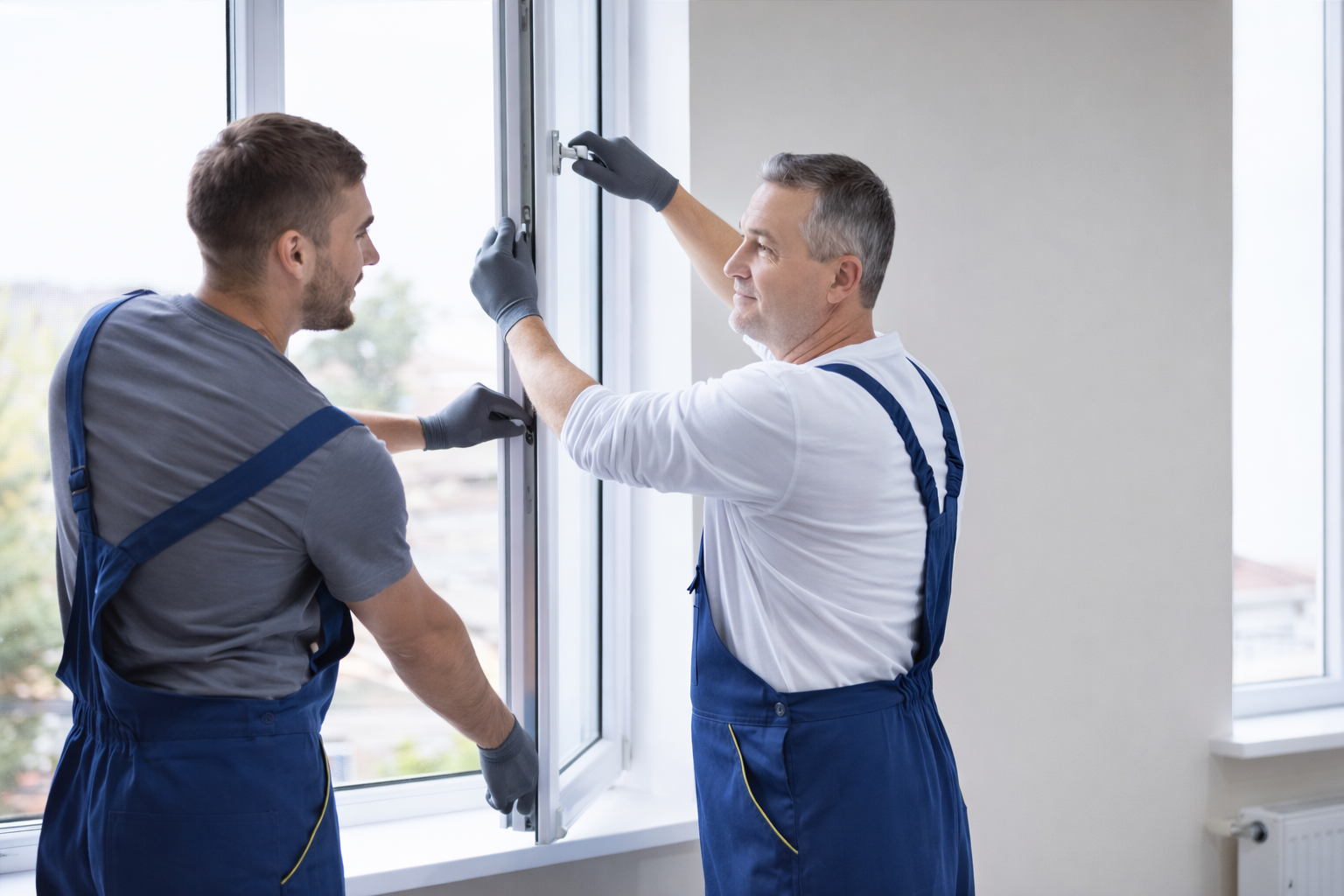
Whether it’s for a home or a business within Palm Coast, FL, it’s essential to choose a proper replacement window contractor because it can be a big factor when it comes to the cost savings and overall durability of the replacement windows, which can be especially important within the Palm Coast, FL climate and codes that Jacksonville, FL contractors may not be familiar with. Q: Why it is Important to Choose the Right Supplier of Windows ? “Replacing windows is a whole lot more than simply putting old windows out to pasture in favor of brand new ones.” Replacing windows is an investment in comfort, energy efficiency, safety, and property value. In Florida, especially in beachside areas, windows are a crucial factor in protecting your home or business from strong sun, heavy rain, or hurricane force winds. “In Florida’s environment, as well as other hurricane-prone locations, windows are one of the key factors in protecting a home or office building from the strong sun, heavy rain, and hurricane force winds.” 1. Research Experience in Window Replacement in Residential and Business Properties Not all contractors can tackle both residential a nd commercial window installations . Home installations can vary greatly from a commercial job, which could feature large glass sections of curtain wall and high access. Having a contractor who has dealt with both residential and commercial installations ensures that your job is taken care of in the right manner. You can ask your contractors for case studies if they have any experience with residential and commercial projects in the past, including reference work in single-hung windows , which are common in Florida properties due to their affordability. Single-hung windows function with a fixed top panel and a movable bottom panel that enables easy opening for airflow and in most instances are more cost-effective compared to other designs. 2. Licensing, Insurance, Identification This is an essential step in Florida, given that building codes and construction permits are taken seriously there. Be sure to verify that your replacement window contractor: Is fully certified and registered with the State of Florida Has the latest contractor’s license Provides liability insurance and workers' compensation Although hiring an unlicensed contractor might save you some cash upfront, you might end up with costly repairs down the road and also confront potential insurance denials of claims if you are not careful. Make sure to ask for certificates of qualification during the consultation process. 3 - Read Reviews and Ask for Local References One of the best methods for assessing a contractor would be through local consumer feedback through reviews and testimonials. Home and business owners may provide feedback on their local communities through websites about: Quality of the work Punctuality Communication Clean up after the installation If possible, ask for local references that will enable you to view their work first-hand and/or contact previous clients personnally. This will not only give you verification that they are professional, but will give you an idea of how they deal with unforeseen situations on the job. 4. Warranty and Support after Installation A reputable window replacement company should be able to offer you accurate details about the types of warranties offered, including those related to materials and workmanship. Such warranties will cover you in cases where issues arise after fitting, including: Leaks Hardware failure Seal failure Frame distortion Make sure you understand what is covered and for how long, and ensure that the warranty services are provided locally. This is especially important in the case of private and business customers, since issues related to the printer may impact their daily activities. Why QDR USA is the right choice for Window Replacement Palm Coast and Jacksonville As QDR USA, our staff is recognized for providing quality residential and commercial window replacements and installation solutions for a single-hung window. We offer: Years of Local Experience Familiarity with Florida Building Codes High-quality impact-resistant and energy-efficient Trustworthy installation support by service and support If you're ready to upgrade your windows with confidence, give us a call for a consultation and quote . Whether it's for your home or business, we can help inform your decision of what will work best for your property.
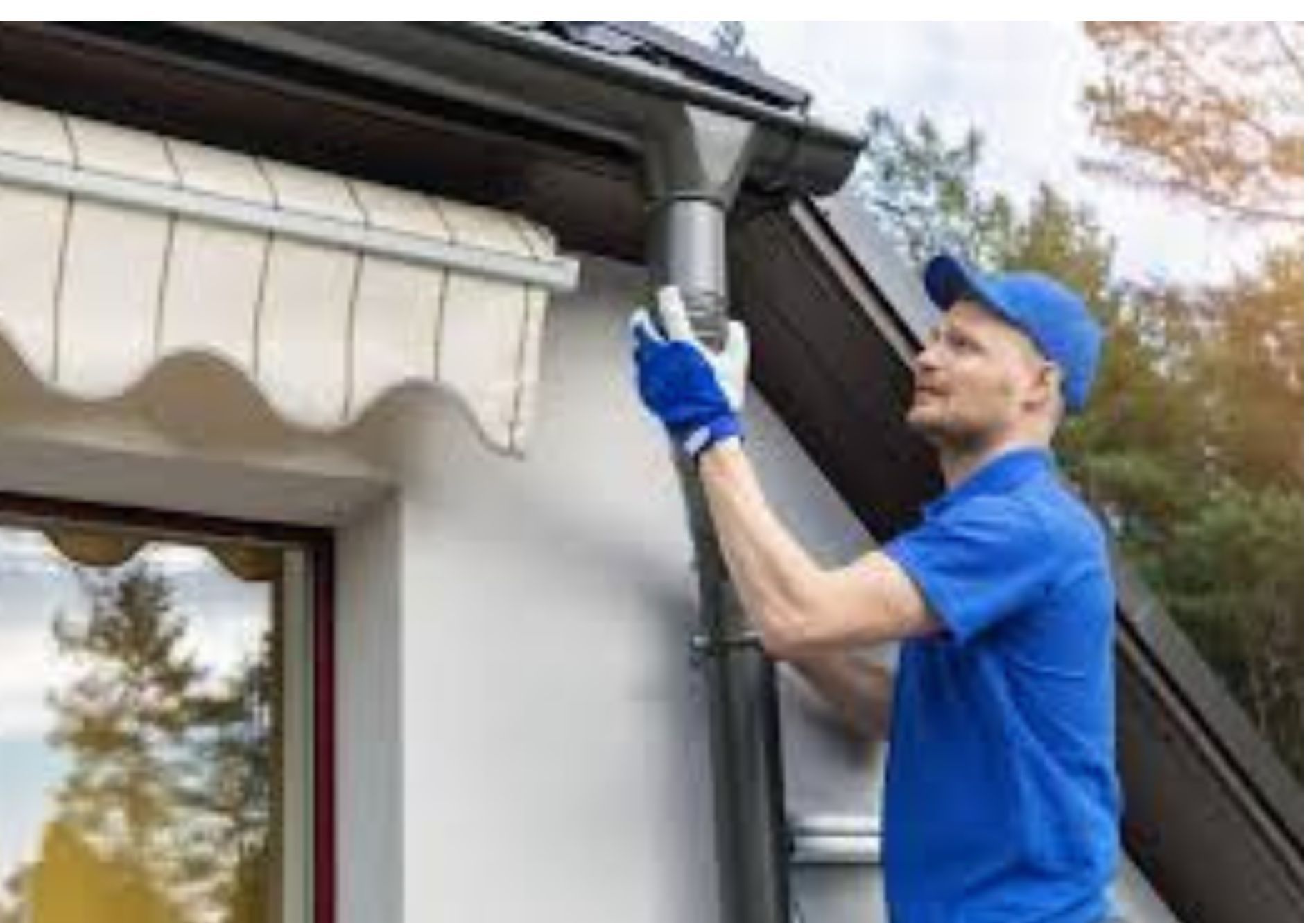
Gutters may appear to be a small component of your property, but a functional gutter system installation is actually one of the most critical components when it comes to protection from weather conditions seen in Jacksonville, St. Augustine, Palm Coast , and elsewhere in the state of Florida, where rainfall is a regular experience. Here in this FAQ guide, we shall discuss why it is important to hire professionals for gutter installation, both in commercial as well as residential buildings, and how it can prevent damage to your property. Q: What type of damage may gutters help to prevent for properties in Florida? Guttering is intended to divert rainwater away from the top, walls, and foundation of the house. In the Northeast Florida environment, high rainfall and thunderstorms could lead to the following: Settles around the footing, creating soil-settled or footing-settled settlements Exterior siding and paint damage Soil and landscape degradation Causes Moisture Issues and Mold Growth A professionally installed gutter system provides the benefit of safely directing water away from your structure. This helps prevent the aforementioned dangers while safeguarding the exterior of residential and commercial buildings. Q: Why not install the gutters by yourself? Why can't it be a DIY job? Although it may look attractive to do it yourself, gutters are actually more complex than they look. If they are installed incorrectly, it may result in the following: Incorrect slope or drainage Loose gutters owing to improper mounting Downs spouts installed in In-efficient locations Overflow of water during heavy storms They work with exact measurements to install gutters accurately and are also capable of installing seamless gutters . They also possess expertise related to safety to avoid risks of injury while using a ladder or roof. Q : In what manner do commercial buildings benefit differently from commercial businesses? Commercial properties may include: Huge roof surface More complex drainage needs Strict compliance with local building codes A gutter expert will be able to design and install a gutter system which can handle heavy quantities of water and will be integrated into a complex building such as an office building, a warehouse, and even a retail store. Gutter installation will ensure that a building does not suffer from any structural damage due to water. Q : Where do downspouts connect if they are horizontal or slightly sloping Professionals use high-quality materials to install gutters that can better withstand the humidity and salt air of Florida compared to traditional gutters. They will make sure that gutters slope and install perfectly so that water can drain perfectly through them when it rains. Additionally, they prevent gutters from sagging and leaking over time. Q : Are professional gutters effective in minimizing maintenance and expenses? Yes, Professionally installed gutters: Decrease the occurrence of interruptions and backups Requires less maintenance for proper alignment and proper installation Many accompanied by guarantee of material and workmanship Prevent expensive water damage to foundations, walls, and landscaping While professional installation comes with a cost upfront, it ultimately helps save money expenses on repair and maintenance. Q : Describe the role of gutters in foundation protection. A rainfall problem associated with a gutter less system would be water directly dropping from the roof as well as flowing around the foundation of a gutter less system. Living in a region like the Northeast coast of Florida means that rainfall as well as hurricane weather could be a common problem; thus, a gutter system protects your soil from being eroded away beneath your foundation. Q : Are there any safety aspects in hiring professional installers? Absolutely. Professional installers use: Proper Safety Equipment Experienced staff with height and roofing experience. Comprehensive liability coverage • Professional technicians use quality materials in the process In short, professional installers ensure a low risk of injury or damage, which is a great factor when considering the risk involved with DIY or with amateur installers. Q : What are some characteristics that homeowners/business owners should look for in a professional gutter service vendor? "When selecting a contractor in Jacksonville, St. Augustine, or Palm Coast , it's essential to ensure that they provide: License and insurance Experience in residential and commercial construction projects Quality materials and tailored solutions Clear warranty conditions Local references or reviews A reputable provider will ensure gutters are installed in accordance with local codes and in a way that maximizes protection from Florida weather conditions. Conclusion: Securing Your Property with Professional Gutter Installation Whether you are living in your home or in your business property in the Northeast Florida area, professional gutter installation is no luxury when considering the maintenance of the property. Gutters that are professionally installed provide numerous advantages that you will be able to benefit from.
You can count on us for quality commercial and residential services. Call us now at (904) 396-5000.
